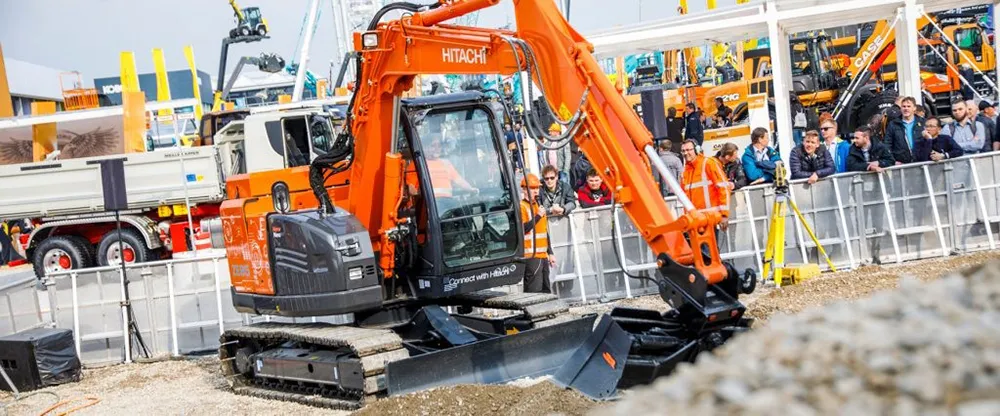The Renault Nissan Alliance, PSA Peugeot Citroën and Mitsubishi Motors have decided to develop and promote the technical reference for compliance of public recharging equipment for electric vehicles in Europe, based on the existing conformity brand 'EV Ready', originally launched by Renault and Schneider Electric.
March 2, 2012
Read time: 2 mins
The 2453 Renault 2454 Nissan Alliance, 3526 PSA Peugeot Citroën and 3055 Mitsubishi Motors have decided to develop and promote the technical reference for compliance of public recharging equipment for electric vehicles in Europe, based on the existing conformity brand 'EV Ready', originally launched by Renault and 3529 Schneider Electric.
EV Ready aims at guaranteeing interoperability between the charging infrastructure and electric and rechargeable hybrid vehicles across Europe by means of a uniform scheme which is intended to cover requirements that have to be considered in addition to the existing standards. While keeping an eye on further development of IEC61851-1 ed2.1, which is currently in progress, the OEMs will aim to complete the development and formalisation of certification requirements. The validation scheme will be detailed in the coming months.
EV Ready, first launched in June 2010, was intended from the beginning to be open to a larger audience and to become a recognised benchmark in the field of charging systems for electric vehicles. The technical coverage goes from the low voltage transformer to the electric vehicle. At the same time the concept keeps a strong focus on economic performance and aims to maintain openness to innovations and any future developments. Today over sixty European companies ranging from energy providers, network operators, suppliers and installers of charging stations are already working to develop and adopt EV Ready.
EV Ready aims at guaranteeing interoperability between the charging infrastructure and electric and rechargeable hybrid vehicles across Europe by means of a uniform scheme which is intended to cover requirements that have to be considered in addition to the existing standards. While keeping an eye on further development of IEC61851-1 ed2.1, which is currently in progress, the OEMs will aim to complete the development and formalisation of certification requirements. The validation scheme will be detailed in the coming months.
EV Ready, first launched in June 2010, was intended from the beginning to be open to a larger audience and to become a recognised benchmark in the field of charging systems for electric vehicles. The technical coverage goes from the low voltage transformer to the electric vehicle. At the same time the concept keeps a strong focus on economic performance and aims to maintain openness to innovations and any future developments. Today over sixty European companies ranging from energy providers, network operators, suppliers and installers of charging stations are already working to develop and adopt EV Ready.









